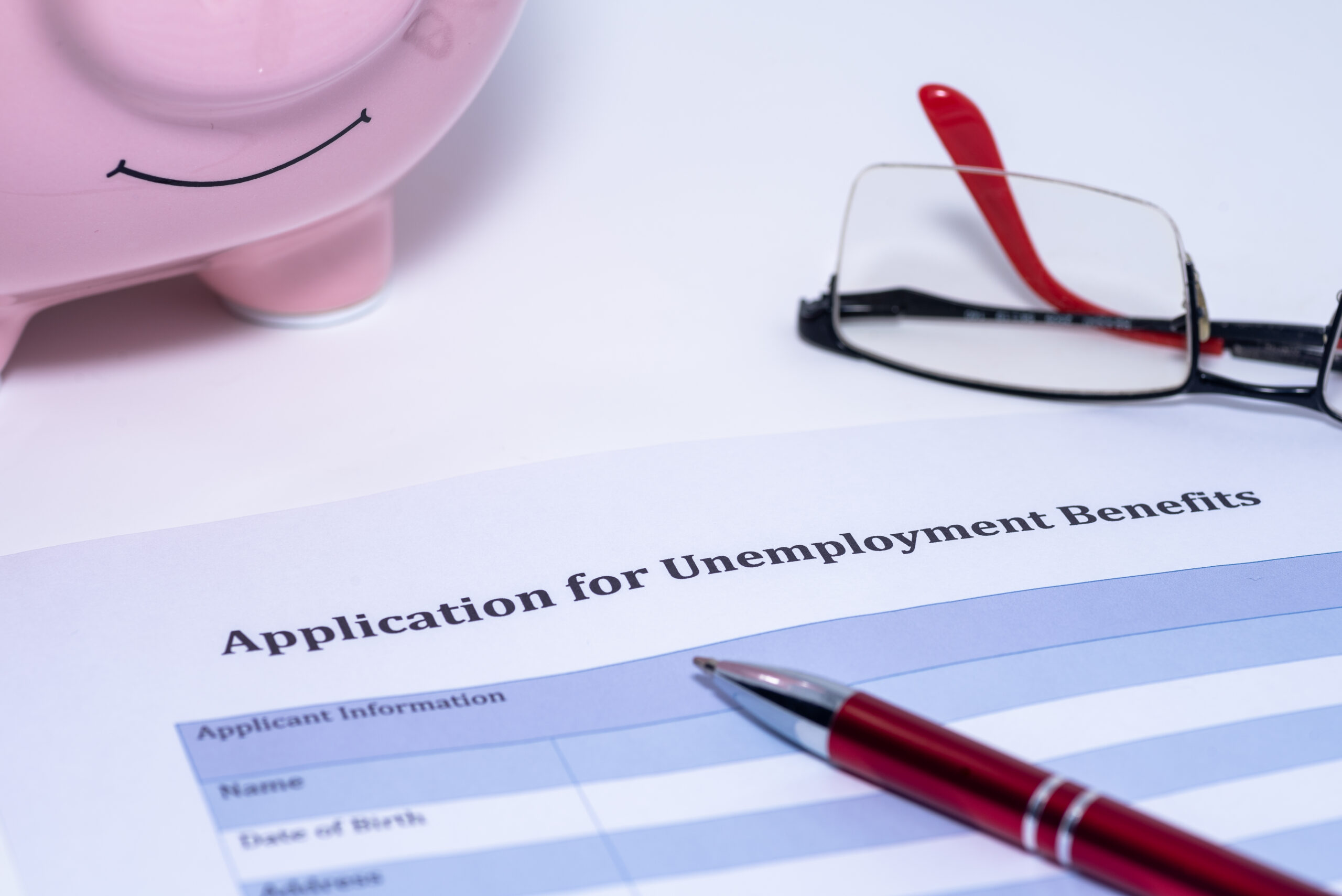On August 8th, 2020, President Donald J. Trump signed an executive order called “Authorizing the Other Needs Assistance Program for Major Disaster Declarations Related to Coronavirus Disease 2019” to grant an extension of the Pandemic Unemployment Assistance. President Trump has directed the Federal Emergency Management Agency (FEMA) to help distribute the funds allocated to the Department of Homeland Security’s Disaster Relief Fund (DRF) to add an additional $400 in weekly unemployment insurance benefits to those affected by the pandemic, 75% of which will be funded federally while the remaining 25% is to be covered by each state’s government. The president is expecting states to use funds allocated to them by the Disaster Relief Fund or with other state funding to pay for $100 of the weekly UI benefits (25% of the $400).
The end date of these new unemployment benefits is not entirely clear as it states “The lost wages assistance program described in section 4(b) of this memorandum shall be available for eligible claimants until the balance of the DRF reaches $25 billion or for weeks of unemployment ending not later than December 6, 2020, whichever occurs first, at which time the lost wages assistance program shall terminate.” The new benefits may last until December 6th but will likely dry up before that due to the elevated unemployment and the continued impact of COVID-19 on the economy for months if not years to come.
With many people on subsidized health insurance, please make sure that you are reporting your unemployment benefits to Covered California if you are accepting premium assistance. if you have under-reported your income for 2020 and fail to report any changes to your income may result in you owing back premium assistance at tax time. Unemployment insurance is taxable income so it must be reported on your Covered CA application. When you file your 2020 taxes in 2021, you will reconcile your taxes with the 8962 document which will relay information from your 1095-A document going over your premium assistance. If you accepted too much premium assistance due to a higher adjusted gross income, you may have to pay back some premium tax credits. Please consult with your tax specialist to go over the required forms.
Lastly, if you have recently become unemployed and now find your COBRA or unsubsidized individual health insurance unaffordable, please take advantage of the temporary special enrollment period for those impacted by COVID-19 which ends August 31st. You will not be able to apply for premium assistance after the temporary special enrollment unless you have a more traditional qualifying life event such as recently moved, lost employer-sponsored coverage, recently married/divorced, and other QEs within the last 60 days or wait until the next Open Enrollment Period in November to apply for a January 1st effective date.
At Solid Health Insurance Services, we will keep you up-to-date on changes to the pandemic unemployment assistance. If you have any questions about your income and are interested in reviewing if you qualify for health insurance premium tax credits, please contact us at 310-909-6135 or email us at info@solidhealthinsurance.com.

